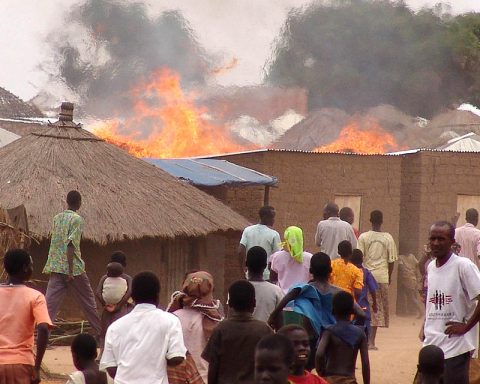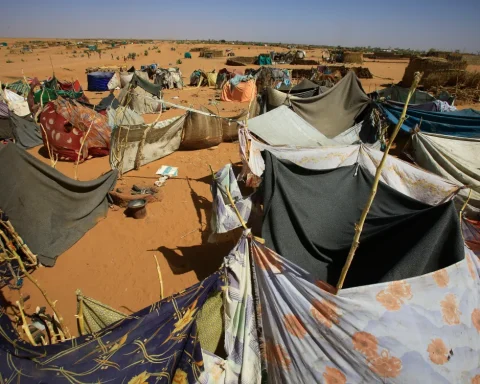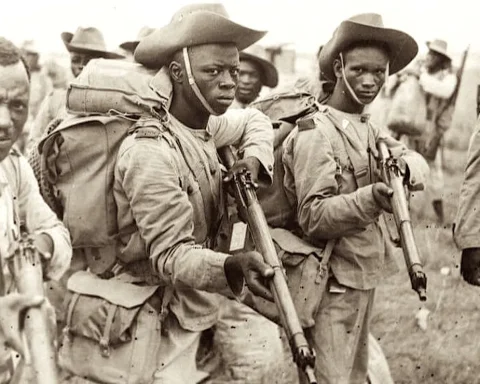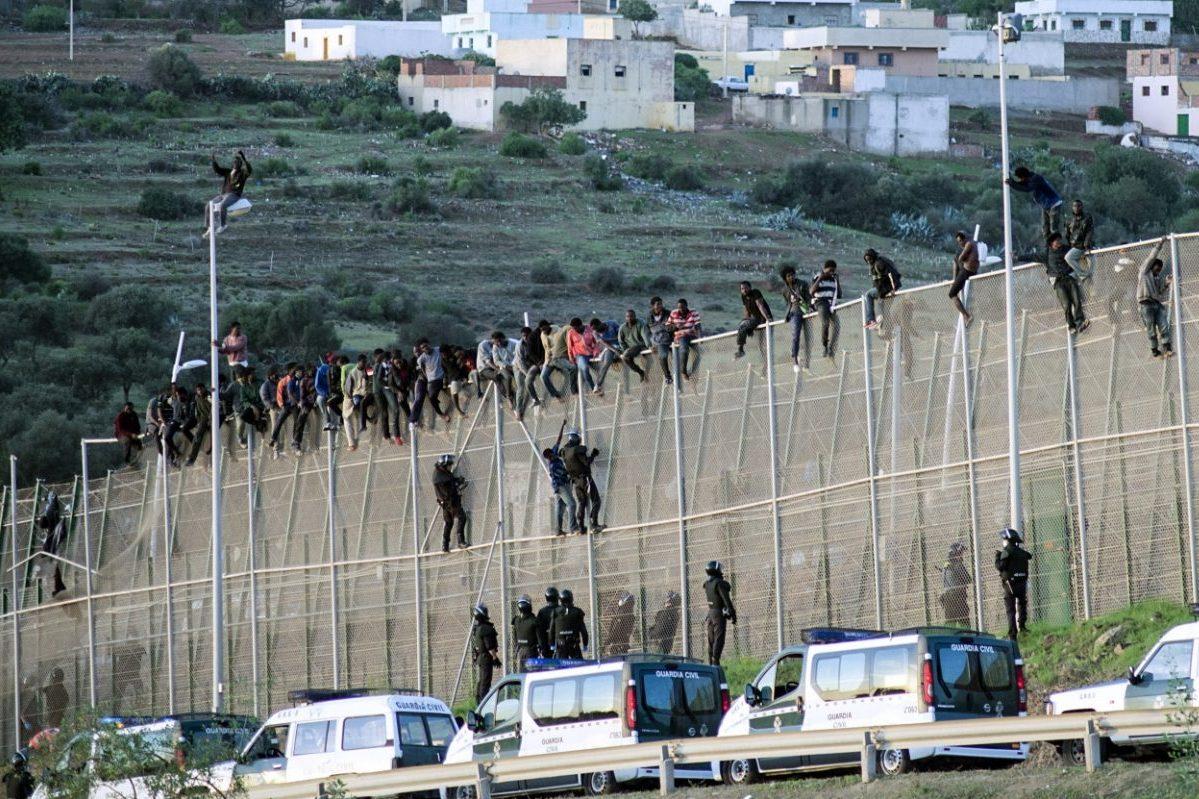
Mohammed, a 20-year-old from Sudan shared his memory of trying to cross one of the European Union borders in Africa. He said that a couple of seconds after his feet touched the ground of Spanish soil, he turned to see his friends cross the metres-high chain link fence that separated the Spanish enclave of Melilla from Morocco.
The sight was horrible, he shared. Many of them were dead and many more were injured. It was a blood bath. The Moroccan TV said that out of the 2000 people that tried to cross over, 23 were confirmed dead.
Helena Maleno Garzón of Walking Borders, an NGO, shares the same opinion as the numerous NGOs who were present at the scene; she reported that they had confirmed 37 deaths so it was likely that the numbers were higher than reported.

Spain’s prime minister, Pedro Sánchez, when speaking with reporters called the mass crossing as a “violent assault” and “an attack on the territorial integrity of Spain”. He also blamed the “mafias that traffic in human beings”.
One of the 133 who crossed into Spain successfully denied this. “There are no mafias, we don’t have money to pay them. We organise ourselves,” Mohammed said.
He left Sudan three years ago when he was 17 and had to cross five African countries to get to Europe. While he has successfully arrived in the EU, the trauma has left him unable to sleep. “We don’t know who died among our friends; we don’t know who is injured, alive or dead,” he said.
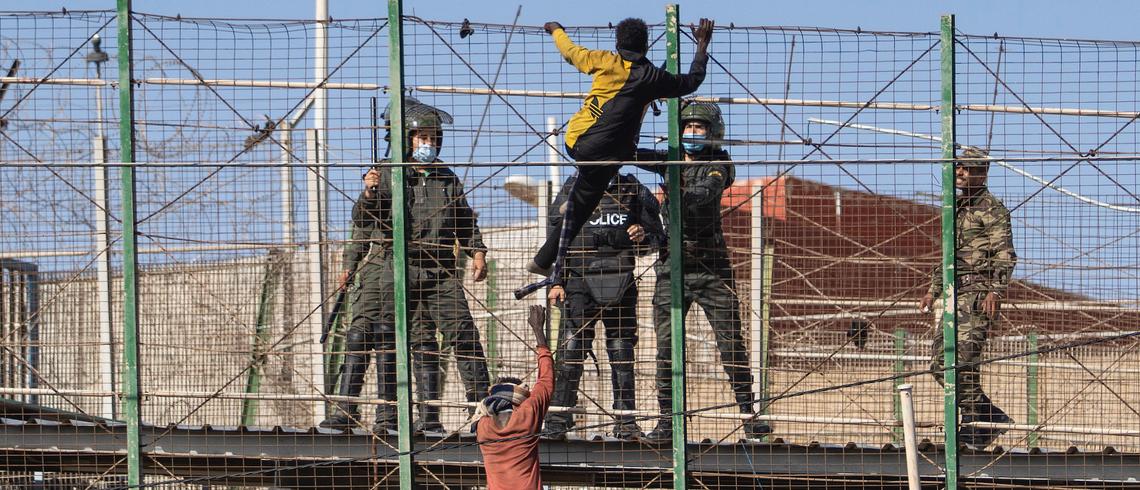
A large number of those who attempted crossing were asylum seekers fleeing conflict in Sudan, according to the Spanish Commission for Refugees. They implied that the brutality had made it difficult for people who were eligible for international protection to reach Spain.
“Video and photographs show bodies strewn on the ground in pools of blood, Moroccan security forces kicking and beating people, and Spanish Guardia Civil launching teargas at men clinging to fences,” Judith Sunderland, a member of Human Rights Watch shared.
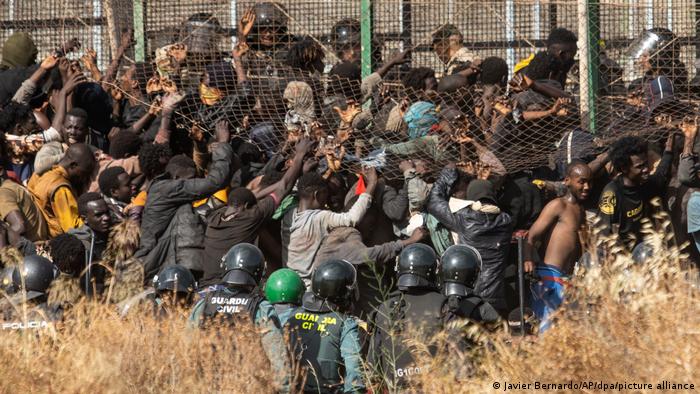
The UN rights office also told reporters that there were reports of “migrants beaten with batons, kicked, shoved and attacked with stones by Moroccan officials as they tried to scale the barbed-wire fence.”
The UN also maintained that this action was wrong on all counts and that the human rights and dignity of people on the move had to be protected and prioritized by individual countries too.
SEE ALSO: These Photographs Show The Early Violent Days Of The American Football, 1902-1924


